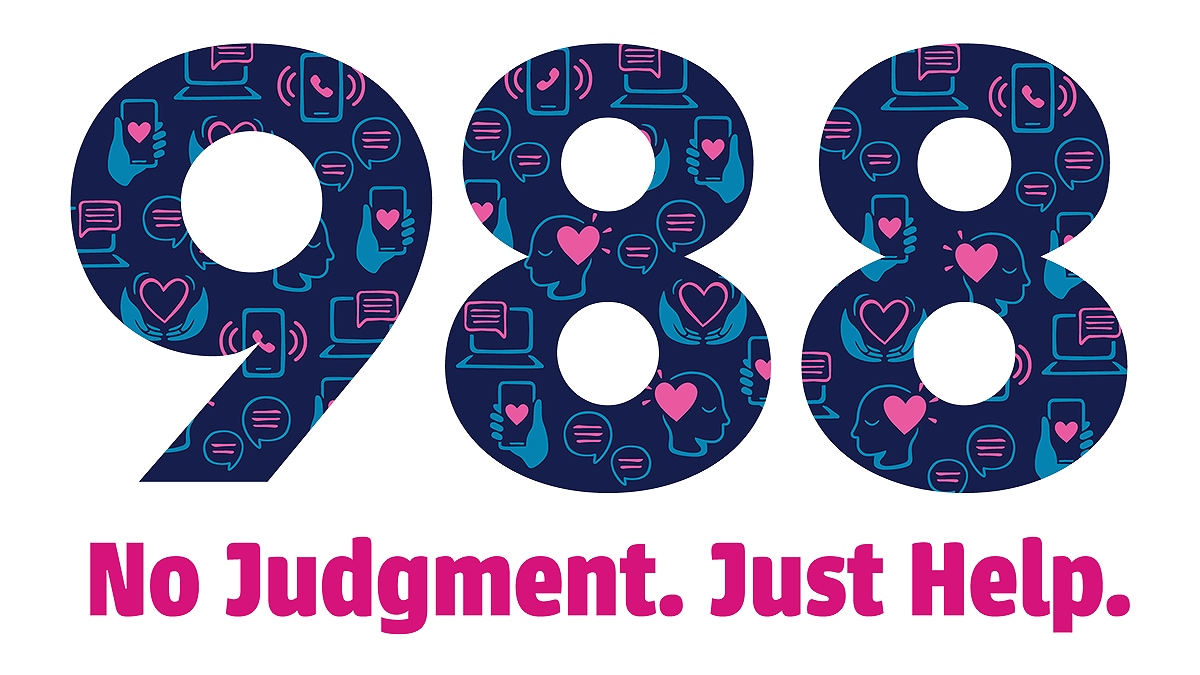Key points
It is important to identify and respond to difficult emotions for our own personal growth, relationships, and overall health and well-being. Learn to identify and cope with some of the most common but difficult emotions and get resources for support.

Why it matters
It is important to identify and address difficult emotions for our emotional well-being. Doing so allows us to:
- Understand and process our feelings.
- Prevent our feelings from intensifying or turning into bigger problems.
- Learn from challenging experiences and adapt to hard situations.
- Develop a healthier, more positive mindset, including coping skills and emotional strength.
- Build resilience, which is our ability to bounce back from setbacks and get through hard times more easily.
By acknowledging and addressing difficult emotions, we can pave the way for personal growth, improved relationships, and better overall health and well-being.
Addressing difficult but common emotions
We all deal with difficult emotions at one time or another. Here are six common difficult emotions—anxiety, anger, sadness, fear, loneliness, and grief—and how to help manage them. Each section includes a link to more detailed information on coping strategies.
1. Anxiety
What it is. Anxiety is an internal reaction to stress that can happen even if there is no specific situation or immediate threat. It may be described as excessive worry or fear that doesn’t go away.
How to manage it. Learning what causes or triggers your anxiety and what coping techniques work for you can help reduce your anxiety and improve your daily life.
- You can try things like deep breathing or relaxation exercises, writing in a journal, talking to a friend or loved one, or healthy eating and exercise.
- If you are having problems coping, or the symptoms of anxiety won’t go away, it may be time to seek professional help.
- For more on coping with anxiety or stress, see Managing Stress.
2. Anger
What it is. Anger is an intense emotional reaction we may have to something that upsets us, seems unfair, or is threatening. It can come out as verbal outbursts or aggressive behavior. Feelings of frustration, sadness, worry, or being overwhelmed can also come out as anger.
How to manage it. Learning healthy ways to express or resolve anger can help your sense of well-being and your relationships. You can learn anger management or assertive communication techniques that can help you cope with anger in healthy ways. These techniques can help you express your feelings or opinions in a clear, respectful, and constructive way.
3. Sadness
What it is. Being sad is a normal reaction to disappointing events or life changes. But prolonged feelings of sadness could be a sign of depression.
How to manage it. CDC offers tips to help deal with sadness and depression, including how to know if your sadness might be depression. Seeking support from loved ones or mental health professionals can help you work through sadness.
4. Fear
What it is. Fear is a normal reaction that can be triggered by events, people, circumstances, or memories. We may also experience it when we face unknown or uncertain situations.
How to manage it. Identifying and challenging your fears through cognitive-behavioral therapy can help you manage fear and promote emotional well-being.
5. Loneliness
What it is. Loneliness is feeling like you do not have meaningful or close relationships or a sense of belonging. It can negatively affect your emotional well-being and overall health.
How to manage it. Building social connections through group activities, such as joining clubs or groups with shared interests, or seeking support from friends and family members can help combat loneliness.
6. Grief
What it is. Grief is a natural response to loss, whether it's the death of a loved one, the end of a relationship, or any significant loss.
How to manage it. You can work through the healing process by allowing yourself time to grieve, seeking support from friends or family, or seeking grief counseling.
Keep in mind
- Everyone's experiences are different. It's important to find strategies that work best for you.
- Coping with feelings that are upsetting or overwhelming takes time and effort. Be patient with yourself as you work through these feelings.
- If these emotions persistently interfere with your daily life, you should seek support from a mental health professional.
988 Lifeline: Free and confidential support
The 988 Lifeline Chat and Text offers free and confidential emotional support for people in crisis and those supporting a person in crisis. Connect directly with a crisis counselor any time.
Text 988. Call 988. Chat 988lifeline.org.

